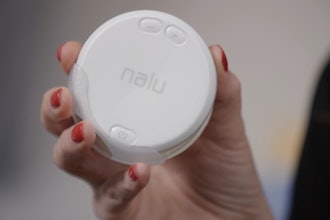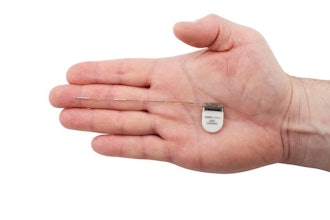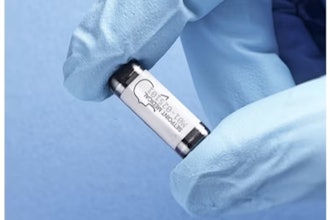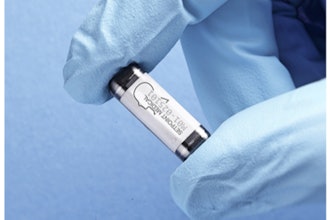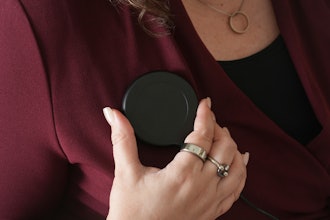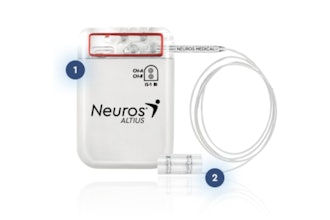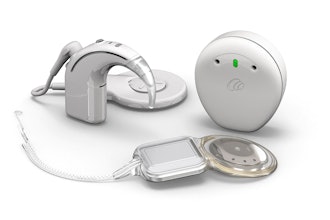
Glucotrack announced results from its completed first-in-human clinical study for its implantable glucose monitor.
The company said the study met all primary and secondary endpoints, demonstrating excellent accuracy with a Mean Absolute Relative Difference (MARD) of 7.7% across 122 matched pairs, a 99% data capture rate, and no procedure or device-related serious adverse events.
“This study represents an important milestone validating our CBGM technology’s potential,” said Paul V. Goode, PhD, President and Chief Executive Officer of Glucotrack. “With a MARD of 7.7%, which is comparable to leading CGM systems but with direct blood measurement instead of interstitial fluid, we’re advancing our novel technology into further clinical trials, taking us closer to providing patients with a long-term, less burdensome solution for diabetes management. We are excited to be sharing our data at this important industry congress.”
Glucotrack expects to initiate a long-term early feasibility study in Q3 2025, which will evaluate safety and performance over an extended period, bringing the technology closer to its goal of providing patients with a less-intrusive alternative to continuous glucose monitoring.
Unlike traditional continuous glucose monitors, the Glucotrack CBGM is a fully implantable continuous glucose monitor, consisting of a sensor lead implanted into the subclavian vein and connected to subcutaneous electronics that communicate with a mobile application. It measures glucose directly from the blood, eliminating the lag time associated with interstitial fluid glucose monitors. Designed for a three-year sensor life with continuous, accurate blood glucose monitoring, the system offers a more convenient and less intrusive solution for people with diabetes, with no on-body wearable component and minimal calibration requirements.










